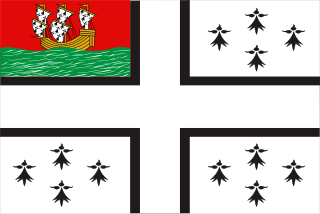Seon
Not An Evil Liar
Kingdom of Italy reporting.
Original Capital: Spoleto. As the original seat of power for the House of Spoleto, this ancient city is still the heart of Italy for culture and military.
Capital: Rome. The formation of the Kingdom of Italy saw the movement of its capital to the city of Rome--a move that outsiders criticized as being another proof of the Pope being nothing but an Italian puppet state. The Queen-consort currently rules as regent for her son, Umbrigo, following an unfortunate accident involving a horse parade. Current palace, and the assembly, is located atop the Capitoline hill, the traditional seat of government in Rome.
Original Capital: Spoleto. As the original seat of power for the House of Spoleto, this ancient city is still the heart of Italy for culture and military.
Capital: Rome. The formation of the Kingdom of Italy saw the movement of its capital to the city of Rome--a move that outsiders criticized as being another proof of the Pope being nothing but an Italian puppet state. The Queen-consort currently rules as regent for her son, Umbrigo, following an unfortunate accident involving a horse parade. Current palace, and the assembly, is located atop the Capitoline hill, the traditional seat of government in Rome.







